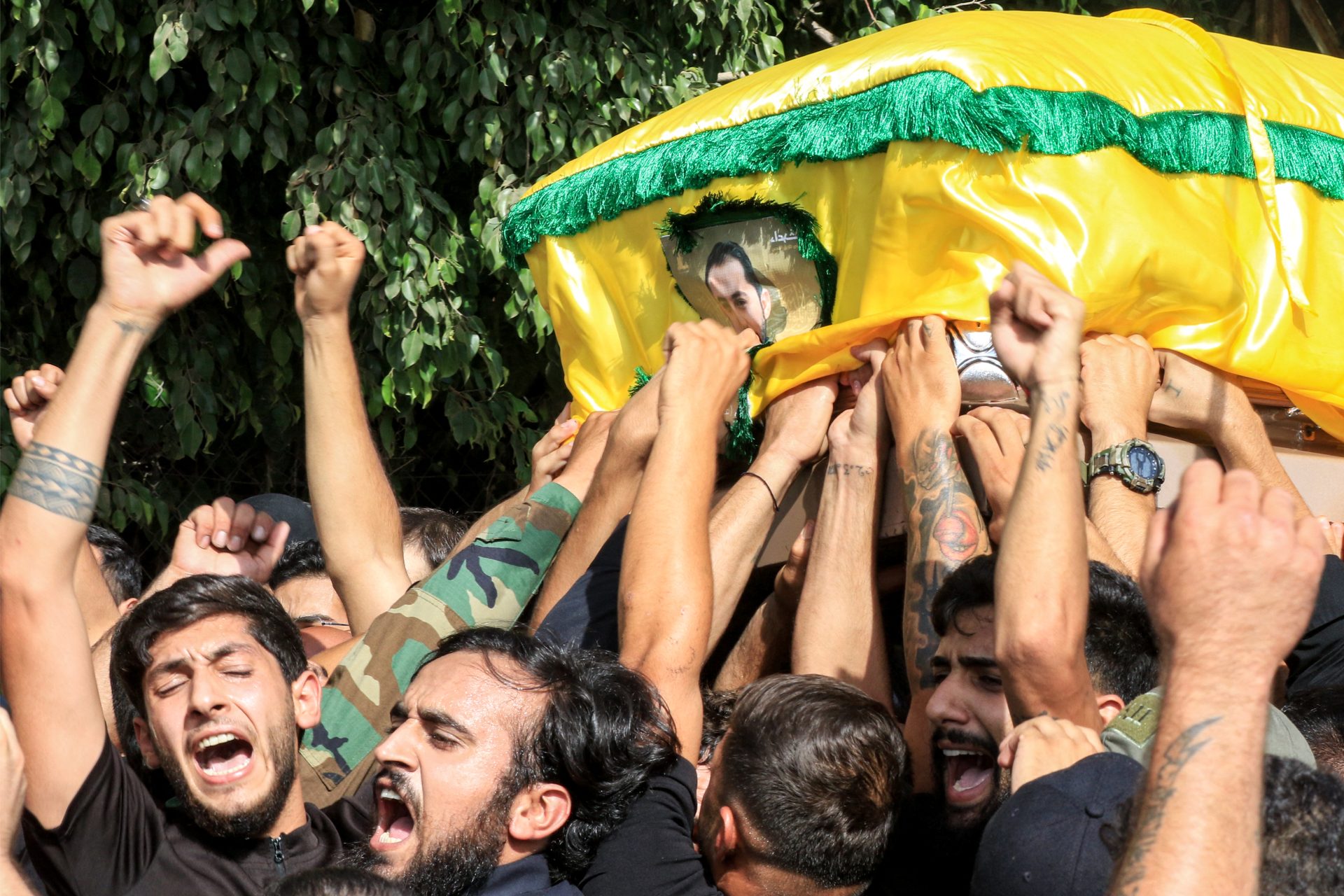Tensions along the Lebanon-Israel border are at a boiling point, as recent clashes between Hezbollah and Israeli forces have heightened fears of a potential full-scale war in the region.
“Everyone is waiting for the spark” that could trigger an open conflict, according to Fr. Raed Abu Sahlieh, parish priest of St. Anthony’s Church in Rameh, a village located about 40 kilometers north of Nazareth in Galilee.
Speaking to AsiaNews, Fr. Raed said that while the situation in northern Israel has remained relatively calm for the past several weeks, a “climate of confrontation” has taken hold following the recent explosions of pagers and portable radios belonging to Hezbollah members in Lebanon, which resulted in dozens of casualties.
The Shiite group has avoided open warfare with Israel due to Lebanon’s dire economic and political circumstances, but fears persist that continued clashes could force Hezbollah into a wider conflict.
“Hezbollah does not want an open war with Israel,” Fr. Raed emphasized, citing the group’s ongoing support for Palestinians and the situation in Gaza.
He added that the Lebanese government is ill-prepared for the devastation a new conflict could bring, especially in light of Lebanon’s current economic crisis and the country’s fragile infrastructure. “The only solution is to end the war in Gaza,” he stressed.
The situation has cast a shadow of anxiety over Israel’s northern communities, many of which have been emptied of their residents due to the threat of missile strikes.
Fr. Raed noted that while the military confrontation has not yet affected his area directly, missiles have landed near the Golan Heights and close to Tiberias, targeting military installations.
“The 46 villages and settlements in the north are almost empty,” with residents evacuated to central Israel and other safer areas, including the Dead Sea, he said. Some 150,000 people have been relocated, facing difficult living conditions and increasing social tensions.
Meanwhile, Israeli society has shifted significantly to the right, with increasing calls to settle scores with both Hamas and Hezbollah, according to Fr. Raed.
He attributed the growing divide between Jews and Israeli Arabs to the political agenda of Israeli leaders, including Prime Minister Benjamin Netanyahu, Finance Minister Bezalel Smotrich, and National Security Minister Itamar Ben-Gvir. He warned that this volatile environment is pushing the country “towards the abyss.”
The ripple effects of the war in Gaza and the northern tensions are already being felt throughout the region. Fr. Raed pointed out that many families in Rameh, where Christians, Muslims, and Druze coexist, are increasingly anxious about their homes and livelihoods.
“Some parishioners work in reception facilities and hotels in Tiberias,” he said, “and describe to me a reality of great difficulty.” Many Israeli citizens are now fleeing the country or preparing to leave, with over 62% holding dual nationality, and an estimated half a million already abroad.
Economic hardships, exacerbated by the conflict, are crippling the region’s traditional agricultural sector. The annual olive harvest, which once drew hundreds of thousands of Palestinian workers, has been severely impacted, leaving many families without an income.
Additionally, the lack of tourists and pilgrims, vital to the Christian community’s economy, has taken a heavy toll on regions such as Nazareth, Jerusalem, Bethlehem, and Tiberias. “Here in my area at least 20% of families are ready to pack up and go abroad,” Fr. Raed lamented.
Despite the grim outlook, Fr. Raed ended with a plea for solidarity. He urged Christian communities in Europe and the United States to consider “pilgrimages of solidarity” to the Holy Land to support the local economy and demonstrate unity.
“The holy places can be reached without problems, and they are safe,” he assured, highlighting the role Christians play as a “factor of peace for the Middle East,” he said.







